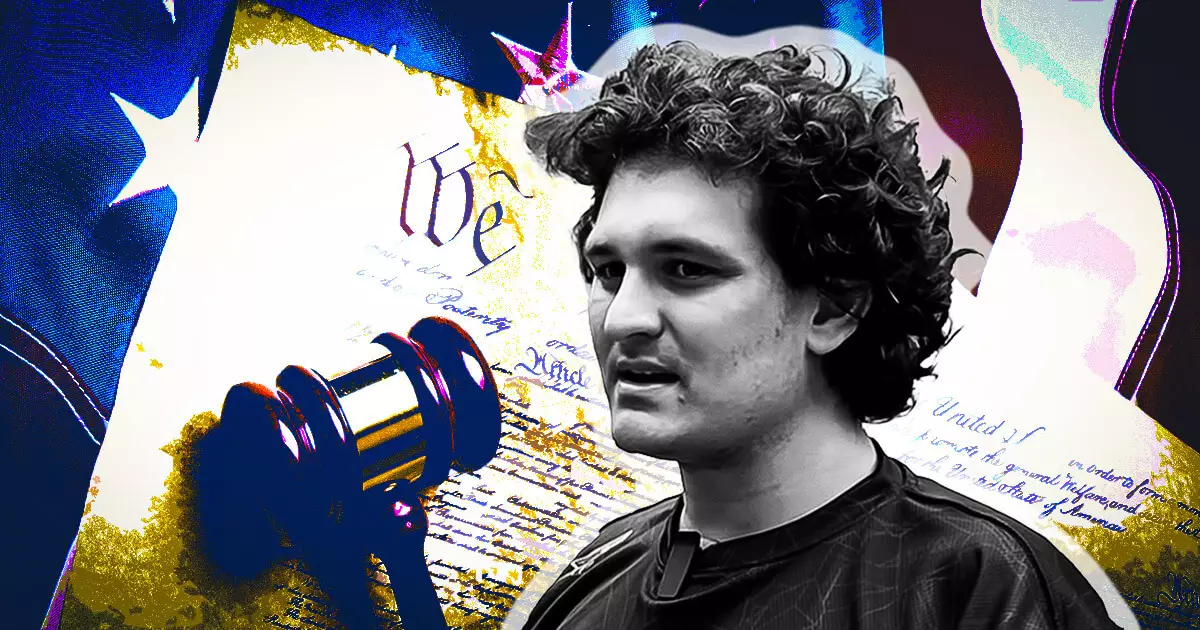In recent developments, the founder of FTX, Samuel Bankman-Fried, is facing challenges in accessing crucial evidence against him, which his legal team argues is a violation of his constitutional rights. The attorneys contend that the proposed provision of an offline laptop and occasional internet access inside a courthouse cellblock is insufficient to review the extensive volume of discovery materials involved in the fraud case. This article examines the significance of ensuring adequate access to evidence for defendants in criminal proceedings and the potential consequences of such limitations.
Bankman-Fried’s legal team asserts that their client’s Sixth Amendment rights are being violated as a result of the inadequate access to evidence. The right to effective assistance of counsel is a cornerstone of the American legal system, ensuring that defendants can prepare a proper defense. With the massive amount of discovery materials in this case, it is crucial for Bankman-Fried to have consistent access to an internet-connected laptop to review millions of pages of documents and key sources of information that are only available online. Denying him such access undermines his ability to adequately prepare for trial, potentially leading to inadequate representation.
The path chosen by the government, limiting Bankman-Fried’s access to evidence, has dire consequences for the integrity of the trial proceedings. Inadequate representation not only harms the defendant but also compromises the fairness and impartiality of the trial itself. Without proper access to relevant evidence, Bankman-Fried’s legal team may struggle to mount a robust defense, potentially undermining the credibility and legitimacy of the entire trial process.
Bankman-Fried has pleaded not guilty to charges of illegally diverting investor funds from FTX. The allegations assert that he misused customer deposits to support his lavish lifestyle, make risky trades, and even donate money to political causes. To effectively counter these accusations and present a compelling defense, Bankman-Fried’s legal team requires unfettered access to discovery materials, including messages on encrypted platforms and materials stored in cloud-based systems. Without the ability to review this evidence thoroughly, their efforts to challenge the prosecution’s case may be severely hindered.
Given the challenges faced by Bankman-Fried in accessing evidence and preparing for trial, his attorneys argue for his temporary release under the ‘compelling reason’ exception in the Bail Reform Act. They propose strict conditions for his release, such as confinement at his parents’ residence in California. By allowing Bankman-Fried to temporarily leave the confines of a jail cell and have access to the necessary resources, he can collaborate more effectively with his legal team and ensure a fair trial.
The case of Samuel Bankman-Fried highlights the importance of providing adequate access to evidence for defendants in criminal proceedings. Denying such access not only jeopardizes the rights of the accused but also undermines the fairness and integrity of the trial. By recognizing the essential nature of comprehensive access to evidence in the defense’s preparation, the justice system can ensure a more just and equitable outcome for all parties involved.


Leave a Reply